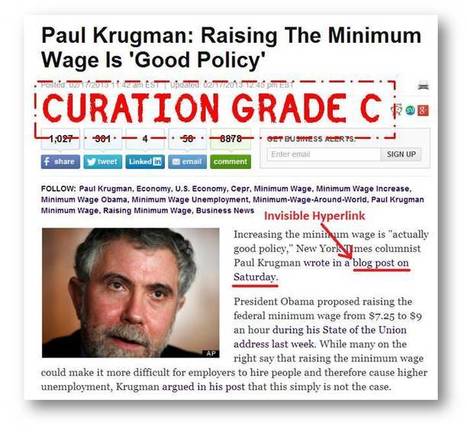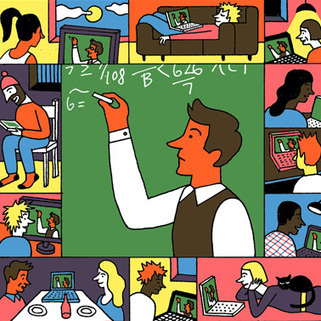Research and publish the best content.
Get Started for FREE
Sign up with Facebook Sign up with X
I don't have a Facebook or a X account
Already have an account: Login
Examining the development of the Massive Open Online Course and its variants.
Curated by
Learning Futures
 Your new post is loading... Your new post is loading...
 Your new post is loading... Your new post is loading...
|
|













with the increase in mash-up content, the issues of IP such as this would need our attention and commonsense.
Features, best practices, copyright, use and examples of content curation. Basically everything it is useful to know about content curation. Plenty of useful information.
Original scoop by Robin Good,
Author: Pawan Deshpande of Curata
Full guide: http://www.contentcurationmarketing.com/content-curation-copyright-ethics-fair-use
I am very aware of the fact that I am using a digital curation site to highlight external resources about images and Copyright and therefore it seems sensible to highlight some of the pitfalls of this approach. I note that the Scoop.it example does not come out of this too well!